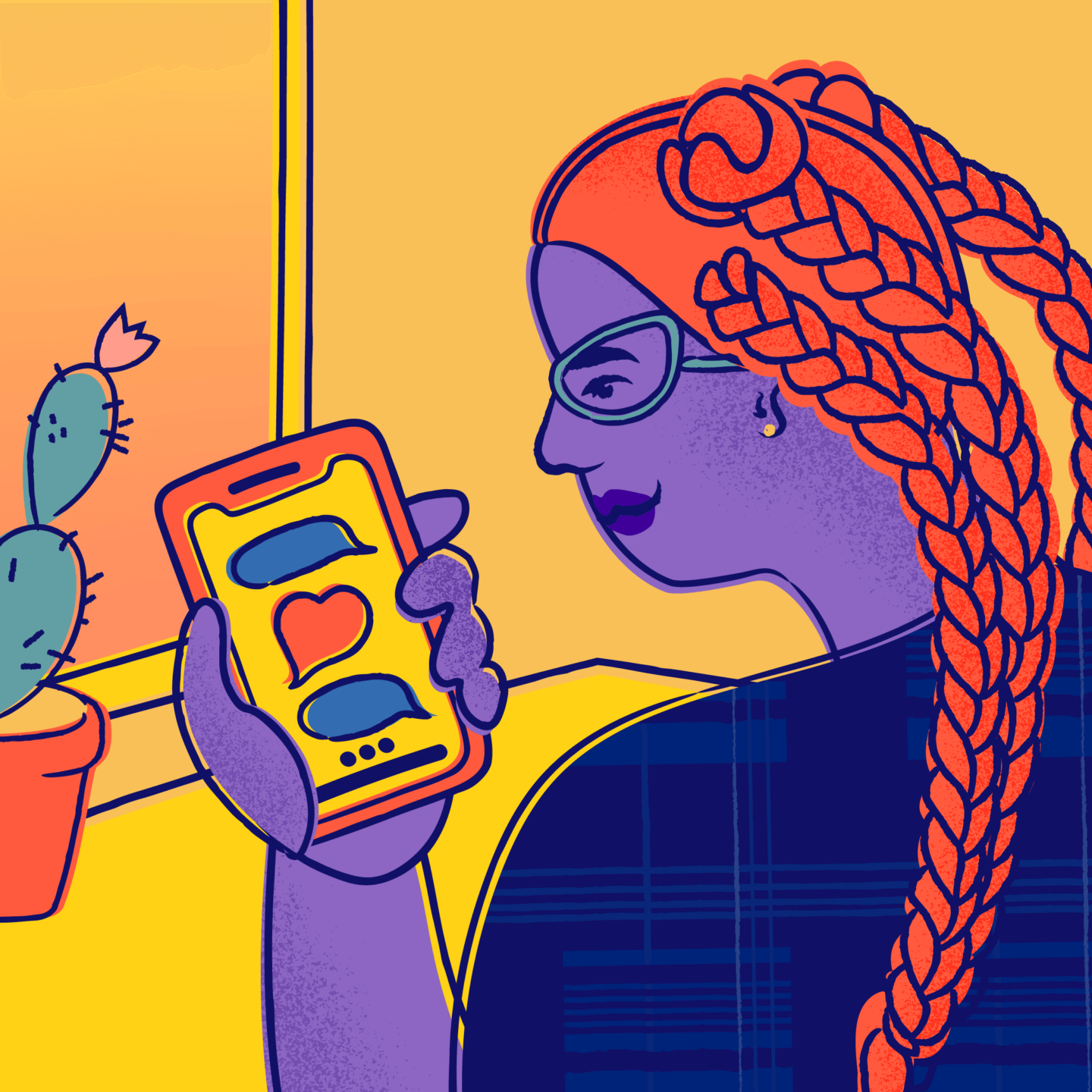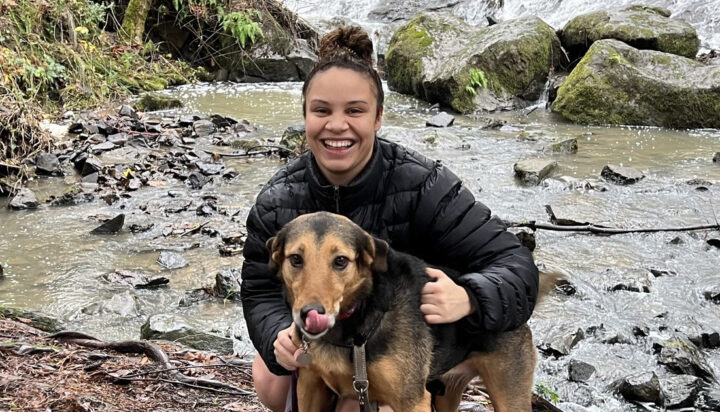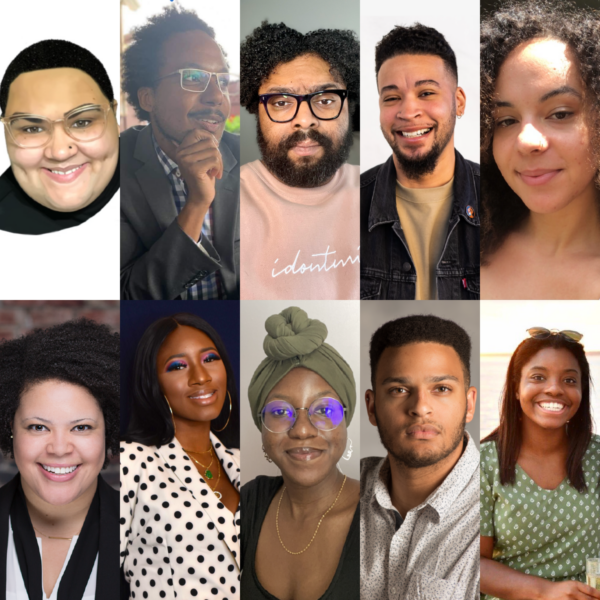As a suicide prevention organization for LGBTQ+ young people, The Trevor Project regularly sees unsafe language that many use on social media without consideration for others’ mental health. Whether targeting our organization, the LGBTQ+ young people we serve, or the judges, government officials, advocates, and supporters who work with us, there is an urgent need for social media platforms and their users to take action to protect the safety of our community.
The Trevor Project is strongly aware of the negative impact that language can have on mental health; unsafe language and harassment is often directed at the LGBTQ+ youth we serve. In addition to our ongoing commitment to foster safe spaces for all, we are also going to use this unfortunate incident as an opportunity to share some resources about internet safety.
Online “trolling” can take a wide variety of forms. It can range from distracting and annoying comments to doxxing and extreme harassment, including assault and death threats. It’s important to discern between valid, if unkindly worded, criticism, and hate speech. Those perpetuating abuse want to attract attention and build a following, rather than engage in a nuanced conversation. Many topics can be freely and easily researched with a quick Google search for those genuinely seeking information.
Remember, you are never required to answer anyone’s comments, especially if the constant management of those comments is going to take a toll on your mental health. Put your safety first, and disengage from conversations and harassment. Utilize the features on Facebook, X, and Instagram to report hate speech and to block users or set your accounts to private if need be. Seek out supportive communities online, such as our safe, moderated community TrevorSpace.
Content about LGBTQ+ or other marginalized identities is more likely to attract trolling. Refer to our guide, Protect Your Space and Well-Being on Instagram or our Online Safety Guide with our partner, Gen. You can also reference A Practical Guide to Dealing With Hate on Social Media from the Center for Countering Digital Hate for more ways to handle abuse.
It is our hope that these resources can help our community build healthier discourse for LGBTQ+ youth and to navigate tough discussions about suicide and violence.
- Safe Messaging
Safe messaging is a broad term that applies to any kind of online or offline communication that takes into account the mental and emotional well-being of those participating in the conversation. The Action Alliance describes “safe messaging” as a component of the Framework for Successful Messaging that focuses on avoiding potentially harmful messaging content. At The Trevor Project, we use the phrase safe messaging to refer to any kind of public messaging that is compassionate, factually-sound, and inclusive. - Nonviolent Communication:
This book by Dr. Marshall Rosenberg is a great resource for creating healthier communication. The Center for Nonviolent Communication (CNVC) is a global organization that supports the learning and sharing of Nonviolent Communication (NVC), and helps people peacefully and effectively resolve conflicts in personal, organizational, and political settings. - Protect Your Space and Well-Being on Instagram
The Trevor Project partnered with Instagram to create its youth safety guide, which outlines Instagram features that allow users to look out for each other, mute and block negativity, and seek out supportive communities. - Black and LGBTQ: Approaching Intersectional Conversations
As the national conversation around racial justice and equality for Black people grows in volume and scope, many Black LGBTQ+ young people are facing difficult conversations with people who are uninformed about race, queer identities, or the intersection of both. Read our guide on what to do before, during, and after a difficult conversation to make sure the dialogue — and your mental health — stays safe. - #chatsafe: A Young Person’s Guide for Communicating Safely Online About Suicide
Following the impact of the #chatsafe guidelines in Australia, Orygen collaborated with the Jed Foundation and the Stanford Psychiatry Center for Youth Mental Health and Wellbeing to adapt the guidelines for a U.S. audience.
We hope these resources will help people communicate in healthier ways on the internet, so that we can all build a safer world online and offline for LGBTQ+ young people. If you or anyone you know is in crisis, we are here to support you 24/7 at TheTrevorProject.org/Help.


